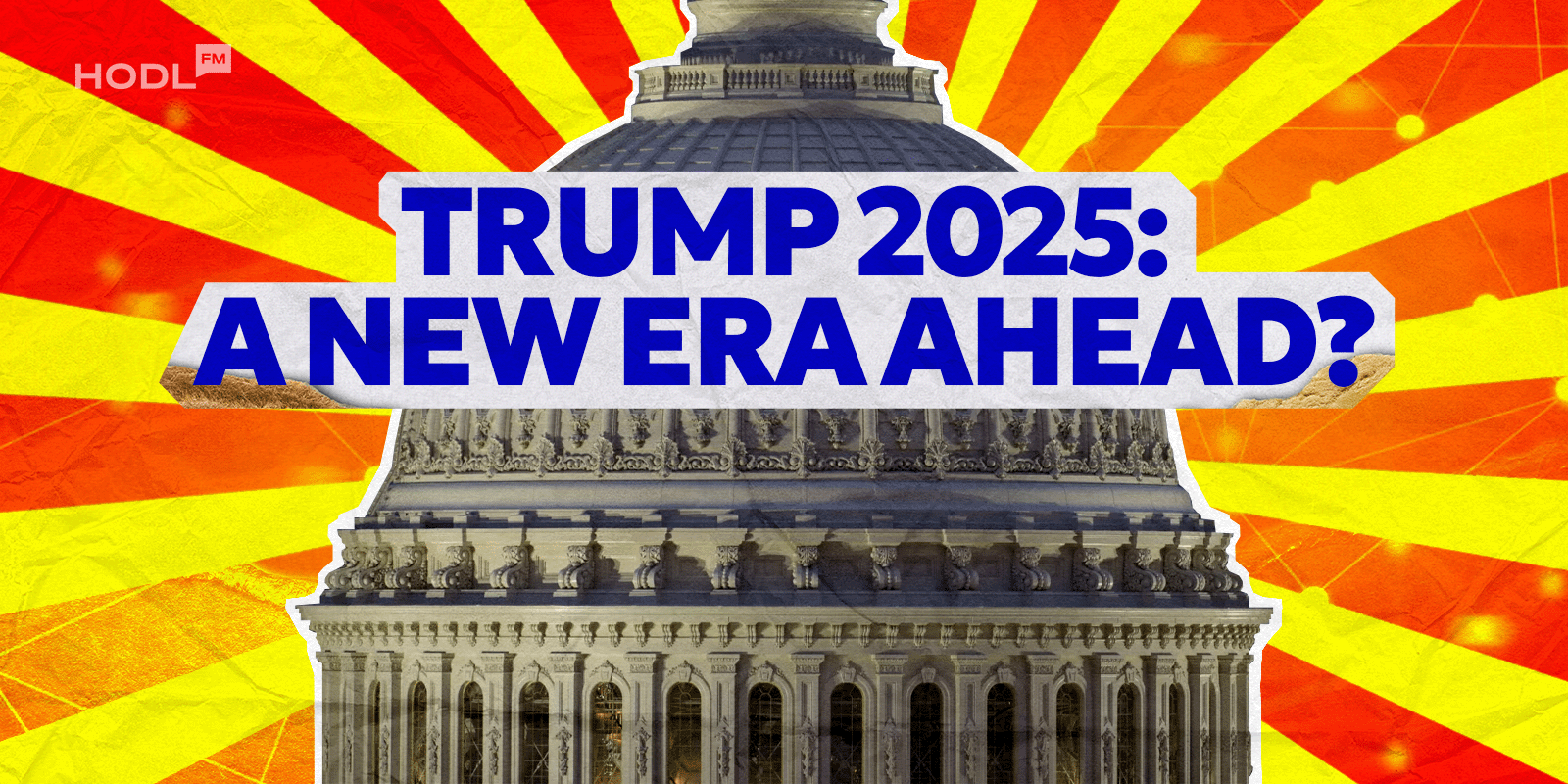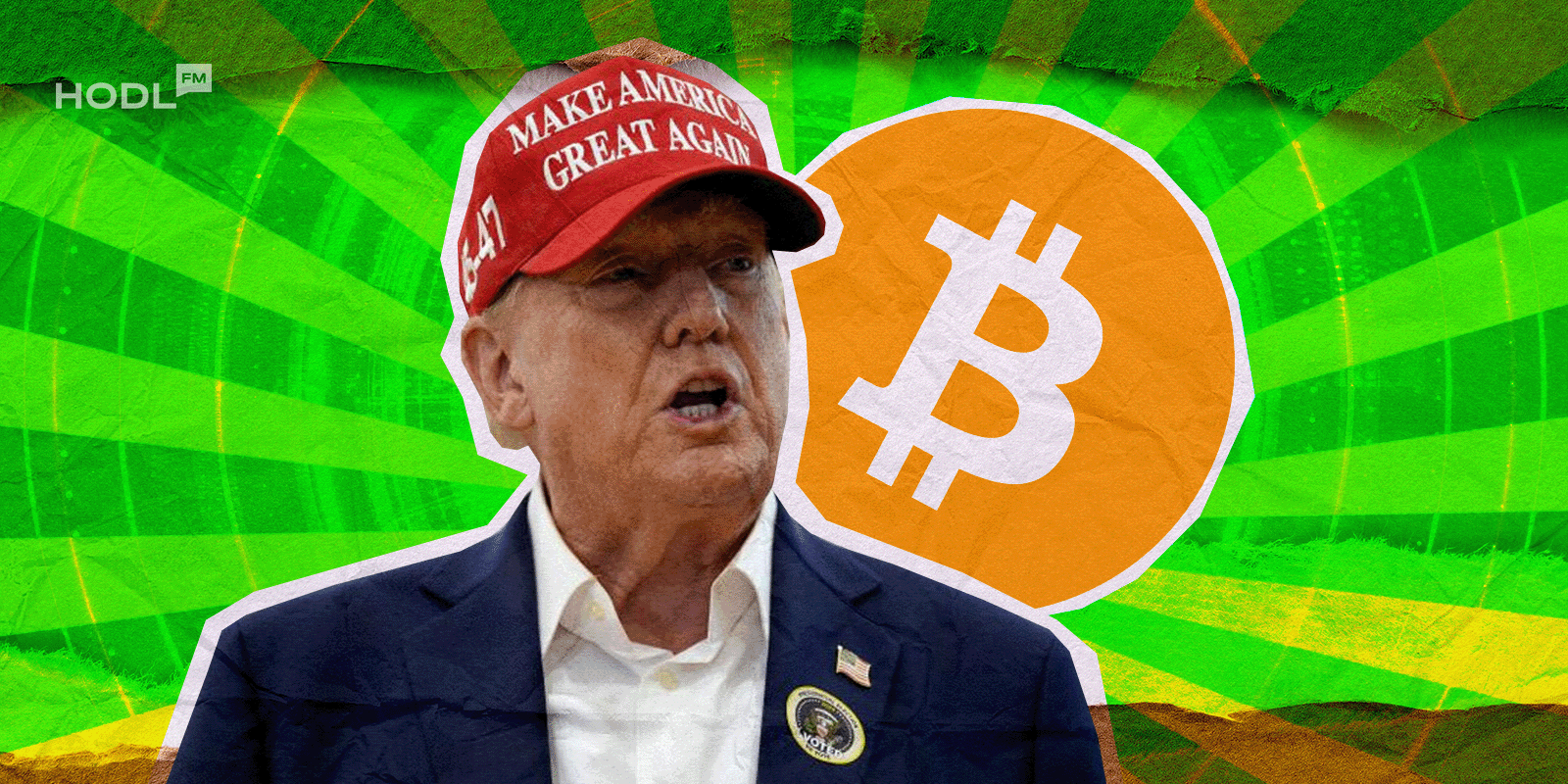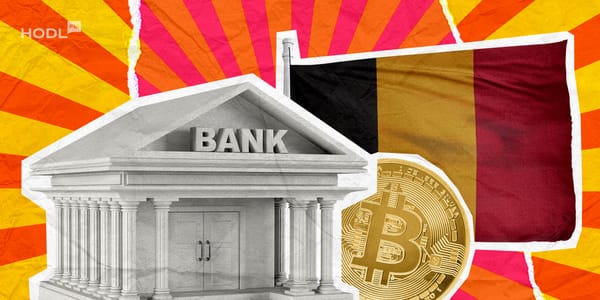During his campaign, Trump didn’t just promise to make America great again — he pledged to turn it into the world’s crypto capital! While his agenda has included some crypto-related decisions in the days following his inauguration, there’s still a long way to go before all of his promises become reality. Let’s remember what Trump vowed to do and hasn’t delivered (yet).
Repealing SAB 121
The SEC’s Staff Accounting Bulletin 121 (SAB 121) came into effect in April 2022, strongly advising financial institutions that custody cryptocurrencies for clients to record liabilities and offsetting assets related to those holdings on their corporate balance sheets.
This approach created accounting requirements that don’t apply to traditional securities, like stocks and bonds, and led to increased capital reserve requirements (i.e., the need to hold more cash). For regulated financial institutions interested in custodying crypto assets, this policy tied up their funds, discouraging them from holding tokens.
Republicans rallied behind repealing SAB 121 as early as May last year, and recent reports from The Washington Post suggest Trump’s SEC is poised to scrap the policy any day now.
UPD: The SEC has repealed the controversial SAB 121! A new Staff Accounting Bulletin published on January 23 announced that it “rescinds the guidance interpretation” from SAB 121.
BREAKING: 🇺🇸 SEC repeals SAB 121, paving the way for banks to provide #Bitcoin custody services.
— Michael Saylor ⚡ Founder of MicroStrategy (Parody) (@Saylorsatsire) January 23, 2025
This is a game-changer. pic.twitter.com/k4SS4Dk1zF
Ending Chokepoint 2.0
Shortly after the FTX collapse in November 2022, crypto-friendly banks came under fire. In a joint statement from three regulators in January 2023 were highlighted crypto risks, and banks were warned against concentrated exposure to the sector.
The rejection of Custodia Bank’s application to open a Federal Reserve account due to its crypto-specific risk profile outraged the industry. In February 2023, Nic Carter published an article alleging that the Biden administration was orchestrating a “coordinated plan across multiple agencies to dissuade banks from working with crypto companies.”
Operation Chokepoint 2.0 was dead wrong. Debanking based on ideological preferences is un-American. Congress needs to permanently make sure no future administration can play favorites like this again. pic.twitter.com/FIL3GHB1dL
— CEDAR Innovation Foundation (@CIFonX) January 22, 2025
Signature Bank and Silvergate Bank (two institutions Carter claimed were unfairly targeted) were shut down by the FDIC just one month later due to solvency issues. However, many argued the closures were politically motivated attacks stemming from their ties to the crypto industry.
A post-election interview on *The Joe Rogan Experience* with a16z founder Marc Andreessen brought further attention to the matter. The discussion resonated with conservatives outside the crypto space, who saw it as yet another example of government overreach under the Biden administration.
Software engineer and businessman Mark Andreessen told Joe Rogan about how roughly 30 tech company founders have been debanked by the Biden administration.
— Ben Swann (@BenSwann_) November 27, 2024
It’s called Operation Chokepoint, and it began in the U.S. due to the prohibition against cannabis. pic.twitter.com/tAwEhEqOvX
Donald Trump has vowed to immediately shut down the Chokepoint 2.0 operation.
Making Cryptocurrency a National Priority
At the Bitcoin 2024 conference in Nashville, Trump unveiled his ambitious vision to make America the global leader in blockchain technology. His plans included supporting domestic crypto mining operations and establishing federal strategic reserves of Bitcoin.
Last Thursday, Bloomberg reported that Trump aims to issue executive orders declaring cryptocurrency a national priority and to establish a Presidential Advisory Council on Cryptocurrency.
UPD: President Donald Trump signed his first crypto-related executive order on Thursday, officially forming the ‘Presidential Working Group on Digital Asset Markets’ — a stepping stone toward exploring the laundry list of campaign promises he made. And wow, that list is long.
However, the group doesn’t wield any real power beyond offering advice to Trump and Congress, who will ultimately make their own decisions.
Supporting America’s Bitcoin Mining
During the same speech in Nashville this July, Trump said:
If cryptocurrency is going to shape the future, I want it mined, minted, and made in the USA.
Bold words, right? As part of the event, Trump met with top executives from some of the largest publicly traded Bitcoin mining companies in North America.
For U.S. miners, having a supportive regulatory framework is critical. They’re not just competing with each other but also with industries like AI data centers and other urban network players.
The market certainly took notice—just one day after Trump’s election victory was announced, Valkyrie’s WAGMI Bitcoin Mining ETF shot up by +17.79%. If Trump delivers on his promise, American Bitcoin miners might be sitting on a gold mine, or in this case, a Bitcoin mine.
Create The U.S. Bitcoin Strategic Reserve
The most ambitious and consistent political promise to date is the plan to establish a U.S. strategic Bitcoin reserve, unveiled alongside Senator Cynthia Lummis. The U.S. would invest in Bitcoin as part of its reserves, solidifying its status as a reserve asset within the largest central bank in the world.
We will convert excess reserves at our 12 Federal Reserve banks into #bitcoin over five years. We have the money now! pic.twitter.com/fGtYQ15jQJ
— Senator Cynthia Lummis (@SenLummis) July 27, 2024
Meanwhile, investment giants like Vanguard have so far steered clear of Bitcoin-related ETFs or products.
I have a retirement account with Vanguard.
— Neil Jacobs (@NeilJacobs) January 11, 2024
I called them and they said they will NOT be offering ANY of the Bitcoin ETFs.
I’m working on transferring assets out of there and then I will close my Vanguard account.
Terrible business decision by Vanguard.#Bitcoin pic.twitter.com/Q2OFcybqMQ
But let’s be real — investors might soon start asking:
If it’s good enough for the U.S. government, why isn’t it good enough for my portfolio?
If the Trump administration follows through on this promise, the entire ecosystem of Bitcoin-supporting infrastructure companies could benefit, driving both volume and price. Following Trump’s confirmed election win, Bitcoin hit a new all-time high, closing the day up by 9%.
UPD: Trump has also hinted at expanding the potential U.S. crypto strategic reserve beyond BTC, tasking an advisory group to explore the possibilities for a "National Stockpile of Digital Assets."
Eliminate capital gains taxes on U.S.-issued cryptocurrencies
Donald Trump is eyeing a plan to eliminate capital gains taxes on cryptocurrencies issued in the U.S., potentially making profits from assets like Cardano ($ADA), Algorand ($ALGO), Ripple ($XRP), and Hedera ($HBAR) tax-free for American investors.
According to sources close to his transition team, this proposal would require crypto companies to be registered in the U.S., but existing crypto firms could relocate to the U.S. to take advantage of the new tax exemption.
In a social media post on X, Michael Saylor, co-founder of MicroStrategy and a prominent Bitcoin advocate, backed Trump’s statement:
They’re forcing them to pay taxes on crypto, and I don’t think that’s right.
"They have them paying tax on crypto and I don't think that's right. #Bitcoin is money and you have to pay capital gains tax if you use it to buy a coffee? I was talking with a friend he said 'it really shouldn't be taxed' and I agree.” - @realDonaldTrump
— Michael Saylor⚡️ (@saylor) October 30, 2024
Promote Stablecoins Backed by the U.S. Dollar
President Donald Trump has promised to "never allow" CBDCs in the United States, but the adoption of stablecoins is already gaining momentum.
President Trump promises to nix plans for a central bank digital currency during speech in Portsmouth, New Hampshire
— RSBN 🇺🇸 (@RSBNetwork) January 18, 2024
Watch LIVE: https://t.co/EpMWdufokm pic.twitter.com/pU0l4wukMM
Stablecoin legislation is already making its way through the system. In the House of Representatives, Representative Patrick McHenry introduced the 2023 Stablecoin Payments Transparency Act, while in the Senate, Republican Senator Cynthia Lummis and Democrat Senator Kirsten Gillibrand introduced the Lummis-Gillibrand Stablecoin Payments Act.
These bills will provide the regulatory framework that the industry claims it needs to succeed.
Some suggest the industry will soon see new stablecoin regulations, as this will be an easy win for both parties' representatives, who will need to defend their positions again in 2026.
Geoff Kendrick, Global Head of Digital Asset Research at Standard Chartered, said:
I think under Trump, we’ll see a stablecoin bill passed in the next few months that will create regulation. Then, likely, more TradFi players will issue stablecoins in the U.S. [...], and you'll also get more backing for the two largest stablecoins, Tether and USDC.
The shift toward private stablecoins can be explained by two key factors: clear privacy concerns with CBDCs and the fact that central banks are struggling to convince the public of their benefits.
If we assume Trump keeps every single one of his promises, it will allow crypto projects and companies to register and operate legally. This would position the U.S. to compete with crypto-friendly countries like the UAE, El Salvador, Singapore, and others, ultimately becoming the leading blockchain hub.

Disclaimer: All materials on this site are for informational purposes only. None of the material should be interpreted as investment advice. Please note that despite the nature of much of the material created and hosted on this website, HODL FM is not a financial reference resource and the opinions of authors and other contributors are their own and should not be taken as financial advice. If you require advice of this sort, HODL FM strongly recommends contacting a qualified industry professional.





